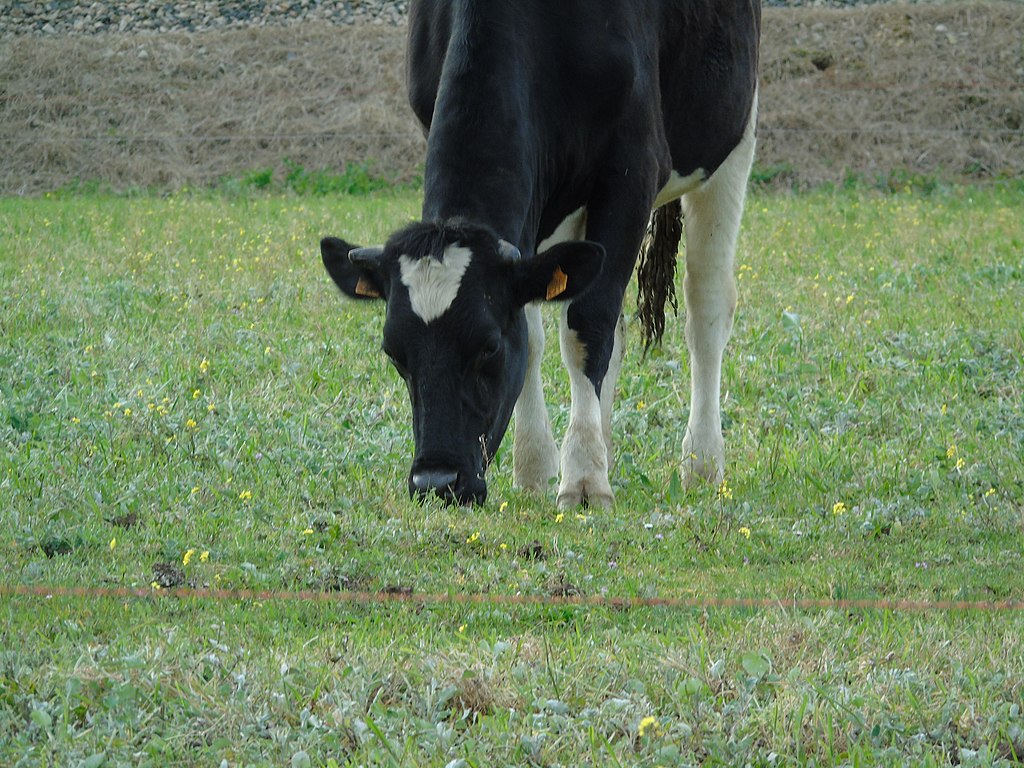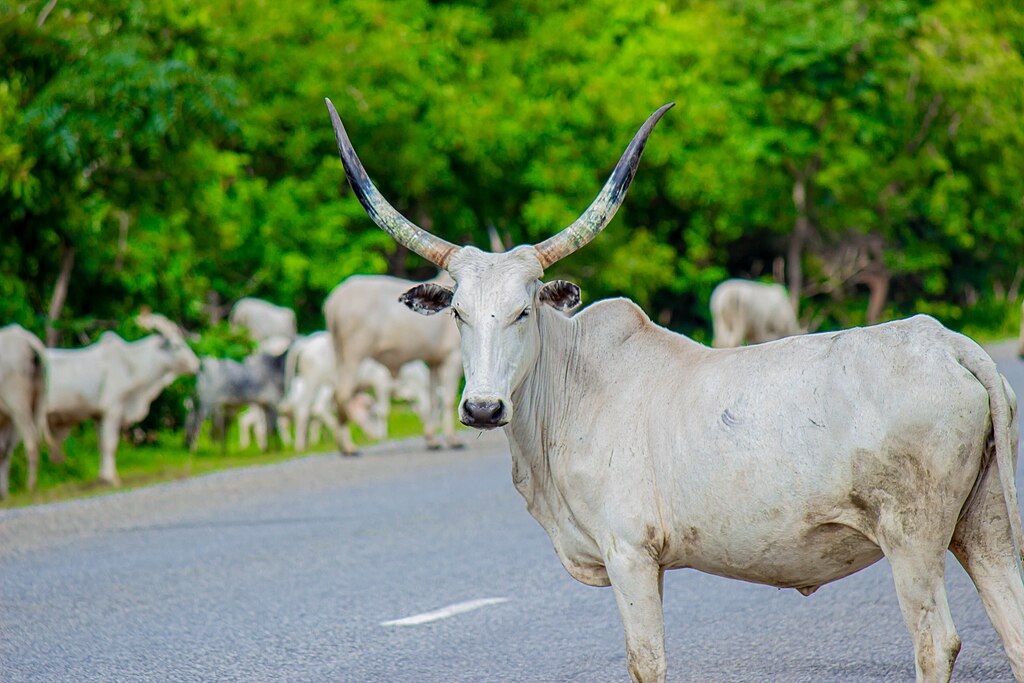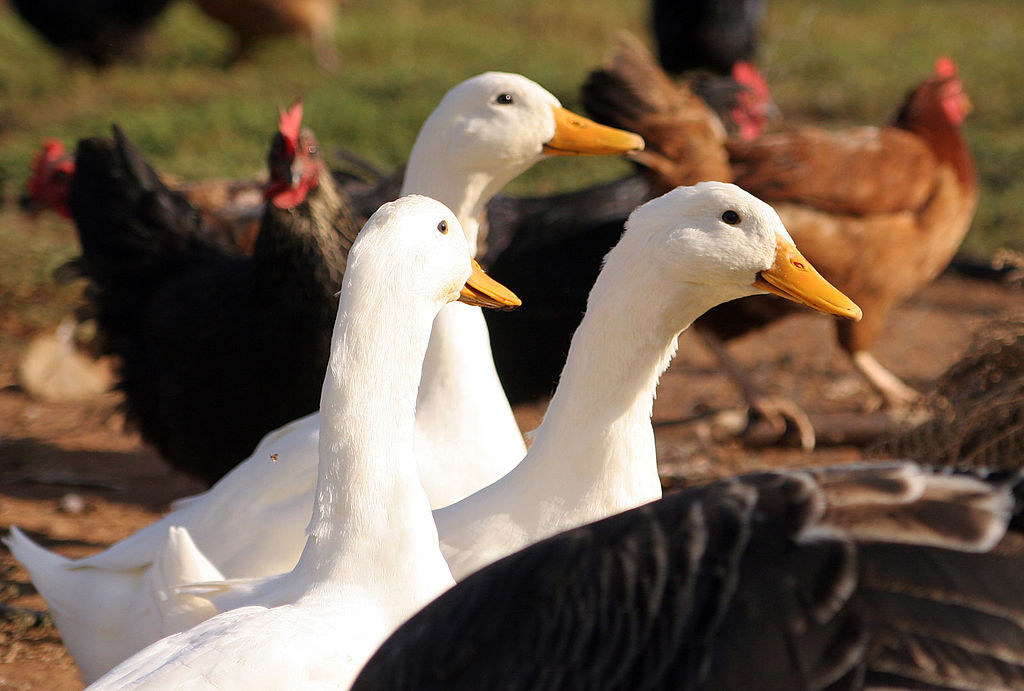

An animal husbandry course typically covers the science and practice of breeding and caring for livestock. Students learn about various aspects, including animal nutrition, genetics, health management, and welfare practices. The curriculum often includes practical skills in handling and caring for animals, as well as an understanding of the economic and environmental impacts of animal agriculture. The course may also explore sustainable practices and advancements in technology within the field. Overall, the goal is to equip students with the knowledge and skills needed to manage livestock effectively and ethically.
- Teacher: Eugine Javan
- Teacher: Ester Wangari


Poultry Production Course Description
The Poultry Production course at Lugari Agricultural College provides a comprehensive understanding of the poultry industry, covering key aspects of breeding, nutrition, health management, and production practices. Students will explore various poultry species, including broilers, layers, and turkeys, and learn about housing, biosecurity, and disease prevention.
The course emphasizes sustainable practices and the latest technologies in poultry farming, equipping students with the skills needed to enhance productivity and welfare. Through a combination of theoretical lessons and hands-on experience, students will develop the expertise to manage poultry operations efficiently and ethically, preparing them for successful careers in the agricultural sector.
- Teacher: Eugine Javan